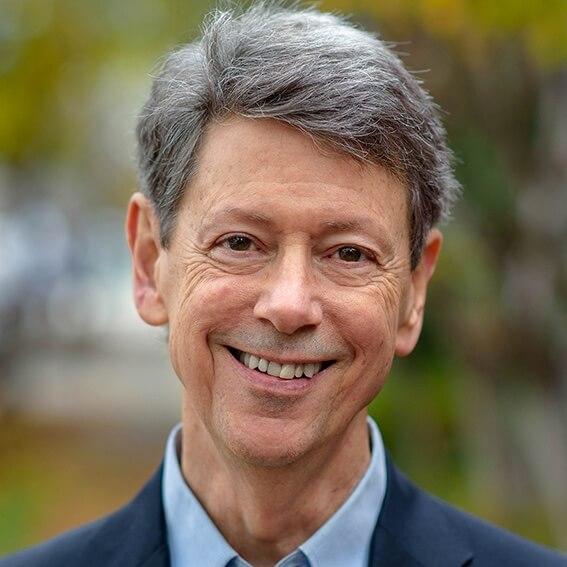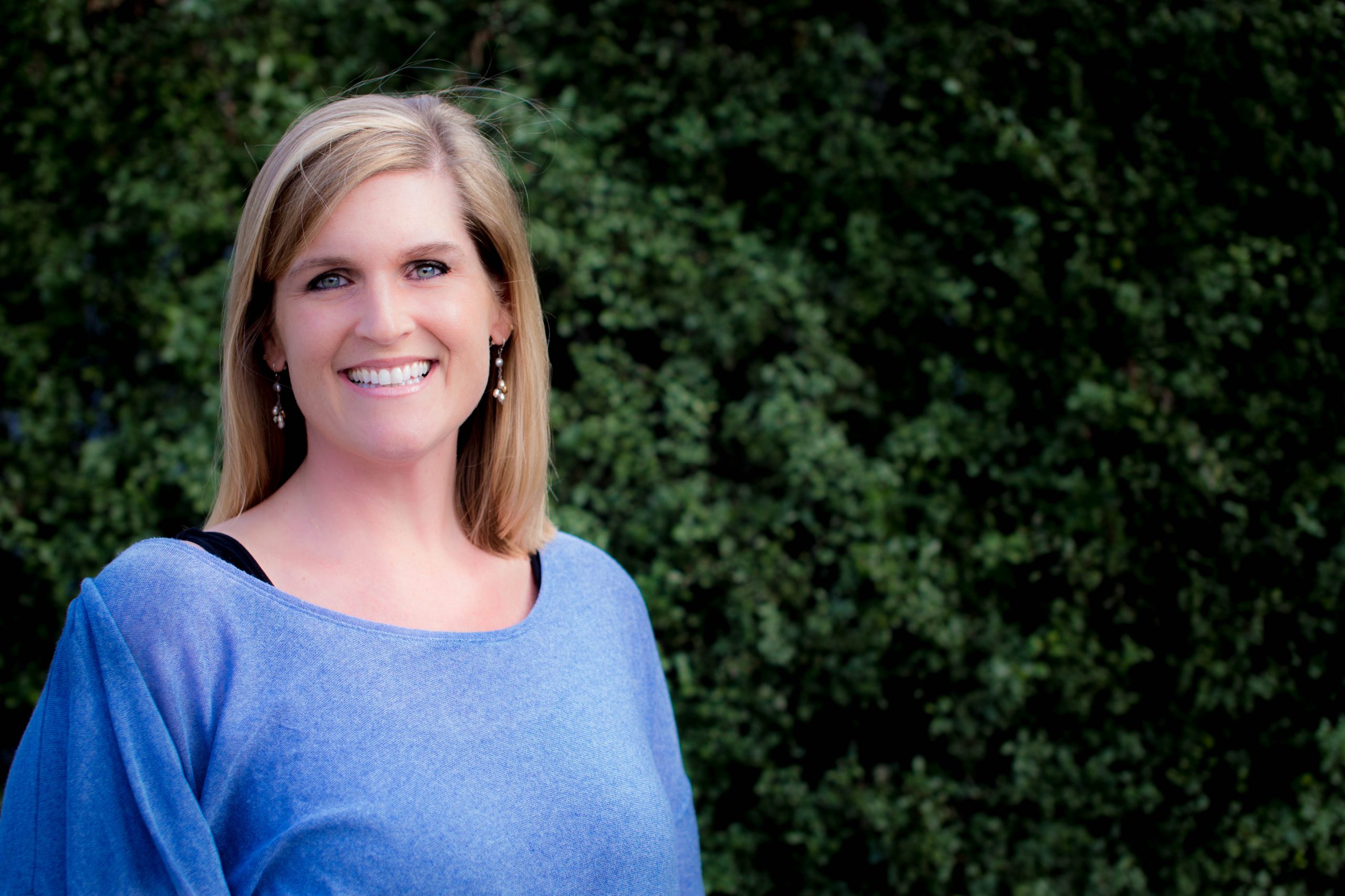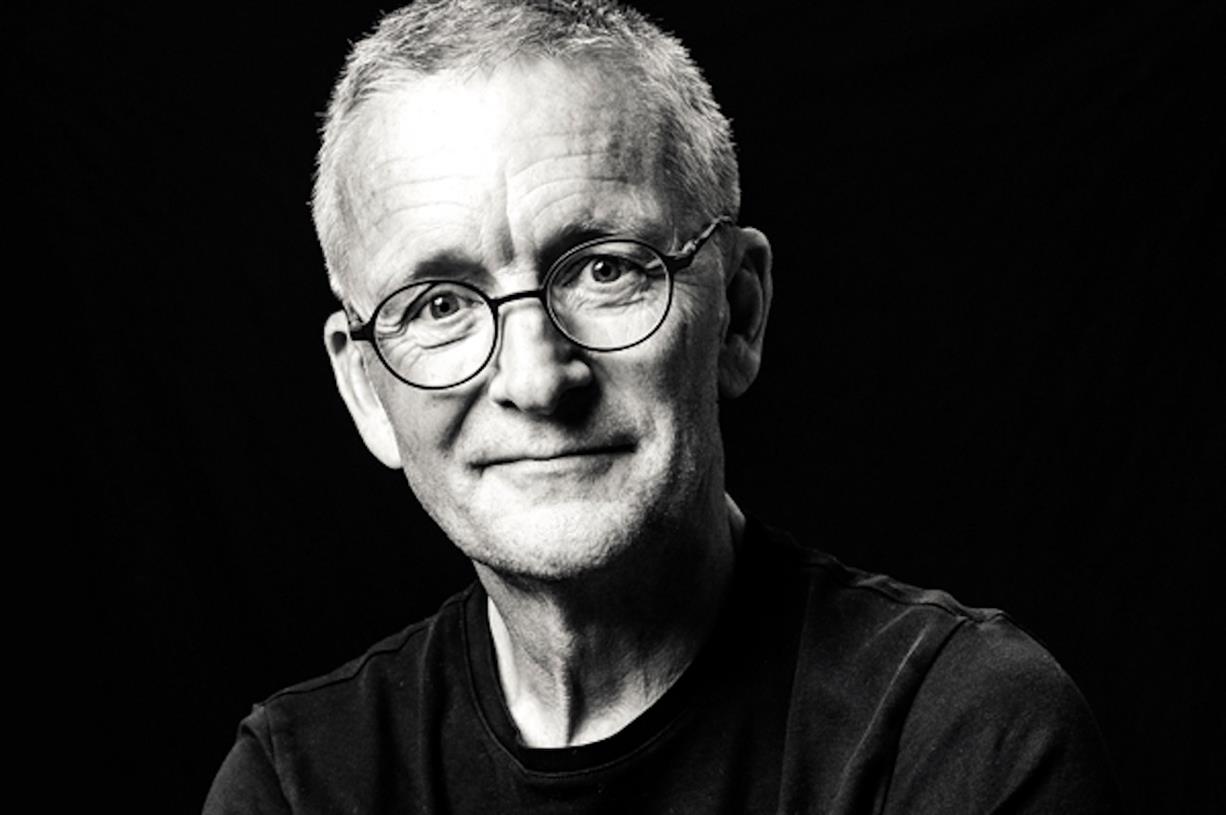Compassion on a Global Scale
The GCC is aiming to galvanize nonprofit organizations behind a common good. The post Compassion on a Global Scale appeared first on Tricycle: The Buddhist Review.

The Global Compassion Coalition (GCC) has one bold mission: “to build a world based on compassion.” It’s an admittedly ambitious goal, but Dr. Rick Hanson, who launched GCC in 2022, has assembled a substantial group of like-minded individuals and organizations in support of what he sees as essential for the future of our planet.
GCC’s website suggests that its mission can be accomplished through a combined effort including reforms to education, substantiated by the latest research; courses and workshops; and by focusing on specific issues and topics, including climate change, healthcare, international relations, discrimination, and poverty.
Shifting the conversation around compassion will take both time and effort, but Hanson is quick to point out that people are naturally hardwired for compassion. “When that potential is cultivated and celebrated,” he says, “amazing things can happen.”
The following interview was edited and condensed for clarity and length.
Ronn Smith (RS): On a personal level, what does compassion mean to you?
Rick Hanson (RH): It starts with recognizing that there is a being over there, and that within every sentient being there is a world (as Bhikkhu Bodhi has pointed out). Compassion is really about letting other beings—and their worlds—matter to you. We are real to ourselves, but to recognize that the people walking past us on the street are as real to themselves as we are to ourselves is a very important first step.
And then we need the inner resources—the mindfulness, equanimity, prosocial motivations, moral commitments—to be able to tolerate that dynamic area between the other person and ourselves. That’s where and when compassion is moved to relieve suffering.
RS: Some teachers say we need to work on equanimity in order to create a space for compassion, but you imply that compassion comes first.
RH: In the trajectory of my own practice, compassion came first—with letting beings matter to me—and that initial, tender recognition of the suchness of every being. Like me, you can feel sorrow, or like chocolate, or be sad when your cat dies. That connection is where empathy starts, the foundation of real compassion.
We did not evolve to be particularly equanimous, so it’s important to develop this quality with practice. I have found that some people who are very compassionate could be served by becoming more equanimous, and that some people who are very equanimous could be served by becoming more compassionate.
RS: Why does that happen? Why is compassion so hard for so many people?
RH: Why are humans capable of compassion at all? How did these capabilities and inclinations evolve in ways unlike any other species?
There has been a lot of scholarly inquiry in answering that question. Essentially, humans evolved compassion as a means of survival. Compassion initially became hardwired into our DNA as a way to promote the mother/child bond. And then, it widened into mate bonding, into “it takes a village to raise a child,” and, finally, to the band as a whole. Compassion is rooted in our motivations to care for others (which can also be applied to oneself). Compassion is deeply natural; it’s our home base when we’re not disturbed by greed, hatred, or delusion.
I have found that some people who are very compassionate could be served by becoming more equanimous, and that some people who are very equanimous could be served by becoming more compassionate.
So the reason compassion is hard is not because it is naturally hard, but because the individual is vulnerable to being overwhelmed by other forces, such as competitiveness, aggressiveness, desperation, possessiveness—all of which are embedded in large social systems that give advantage to the few at the cost of the many. It’s really important for people to realize that many of the challenges to being compassionate originated outside their front doors.
RS: It’s one thing to be compassionate for the person on the sidewalk, but another thing entirely to be compassionate for one’s self, which is difficult for many people.
RH: Kristin Neff and others have done a lot of research about the value of self-compassion in increasing self-worth, strengthening resilience, protecting people after traumatic events, and helping people become more ambitious, since self-compassion is an antidote to self-criticism.
As a psychotherapist grounded in attachment theory, it’s clear that we internalize—and do to ourselves—what others did to us when we were young. We can be dismissive and hostile to our own tenderness, to our own vulnerabilities, and to our own wounds in ways that replicate the external forces from our personal history. We can stand up to those forces as a kind of revolutionary act by claiming for ourselves the right to see our own suffering. It’s a tender and muscular commitment to our own welfare—as a being whose suffering we can honor, and perhaps relieve.
RS: This seems like the logical place to ask about the Global Compassion Coalition. Why this project, and why now?
RH: What we are trying to do is three things. First, build a global hub of compassion-related resources that are widely and freely accessible. Second, support a very large, diverse, highly inclusive coalition of people and organizations that are motivated to relieve suffering. And third, to become strong enough to help produce long-overdue systemic change. That’s our audacious, ambitious, multiyear vision.
The why has to do with an observation. While corporations compete at the market level, at the political level they try to cooperate to influence policy. Meanwhile, what do most nonprofit organizations do? They do wonderful work in their circle, but they rarely combine their resources and apply them to tangible issues to produce large-scale results. So GCC’s long-term plan is to be one vehicle for the formation of large-scale coalitions alongside other large-scale coalitions.
RS: Does this come out of your personal history?
RH: I grew up in the 1960s and ’70s, and I observed five great movements take shape in America during that time: the civil rights movement, the women’s liberation movement, the gay liberation movement, the Vietnam antiwar movement, and the environmental movement. Those movements demonstrated the power of large, effective coalitions, even if we still have a long way to go.
Over the past fifty years, there has been a tremendous development of resources to reduce individual sources of suffering, such as with mindfulness and meditation, the wide acceptance of psychotherapy, and, now, coaching and the spread of Buddhism into the West. But meanwhile, many systemic sources of suffering have remained stagnant or even gotten worse.
It is clearly not enough to raise individual or collective consciousness. If compassion is about relieving suffering, then collective action is needed to change systemic sources of suffering at the national and global scale. We can’t just teach emotional intelligence on the deck of the Titanic as it races toward the iceberg; we must also join with others to change its course.
As humans, we’re not perfect. Nonetheless, when a person’s fundamental needs for safety, satisfaction, and connection feel sufficiently met, then the biological engine of craving—the Buddha’s Second Noble Truth—gets much quieter. Attachment to the apparent “self,” as well as simple habits, can still feed some craving and the suffering that follows. But overall, it’s remarkable that the natural resting state of an individual’s body and mind—when we feel safe and satisfied and connected enough—is peacefulness, contentment, and love.
If compassion is about relieving suffering, then collective action is needed to change systemic sources of suffering at the national and global scale.
RS: Is this also true for organizations?
RH: When a group’s needs are being met, when they are not being manipulated or attacked or contaminated, it tends to operate in more prosocial ways (though, alas, with some significant exceptions). Again, that is our home base. Dr. Mamphela Ramphele is the chair of the board of the GCC—and a historic activist against apartheid in South Africa—and she says that we need to be indigenous again, and reestablish these key conditions of indigenous life: common truth, common welfare, and common justice.
I started meditating in the 1970s. The older I get, the calmer I get—and the madder I get at the unnecessary pain and sorrow and injustice in this world. The Global Compassion Coalition was founded, in part, to address those issues.
Of course, we have to keep it all in perspective. I’m often reminded of the words of T. S. Eliot in “Ash Wednesday,” blending compassion and equanimity:
Teach us to care and not to care. Teach us to sit still.

 JimMin
JimMin 
































